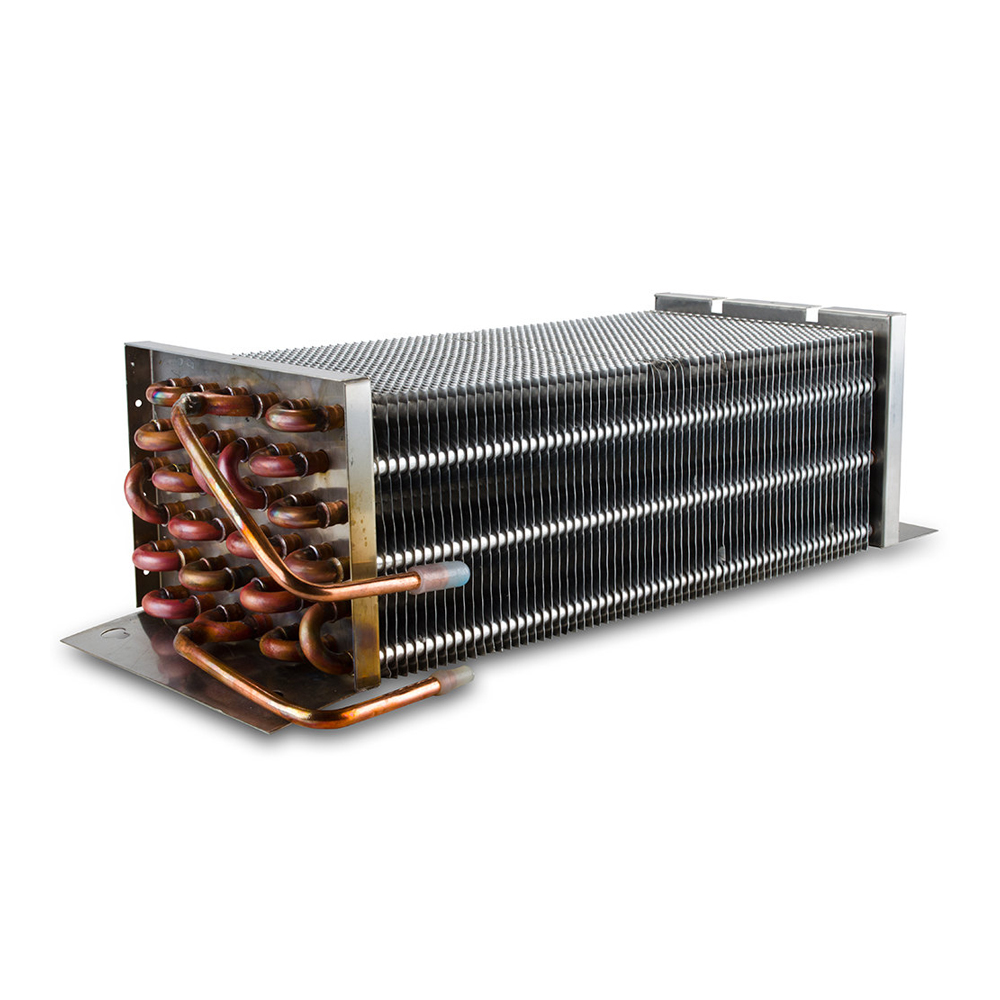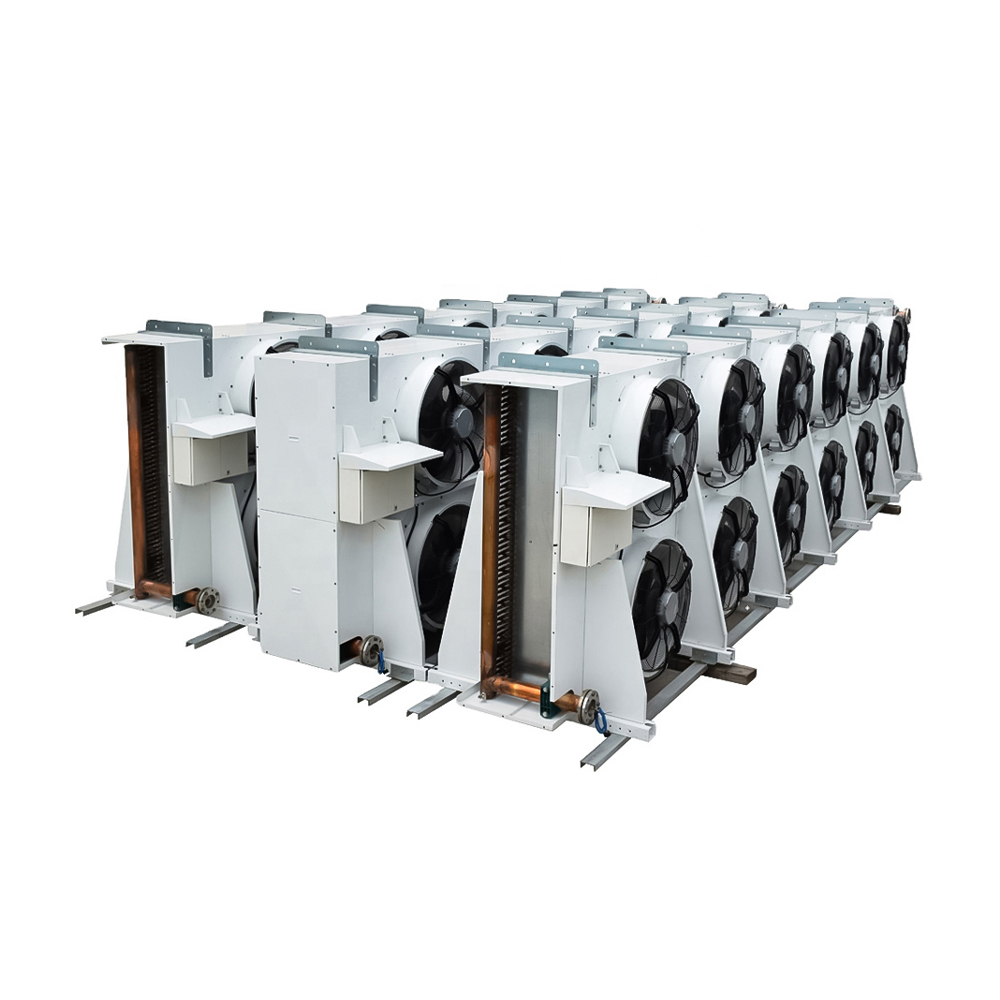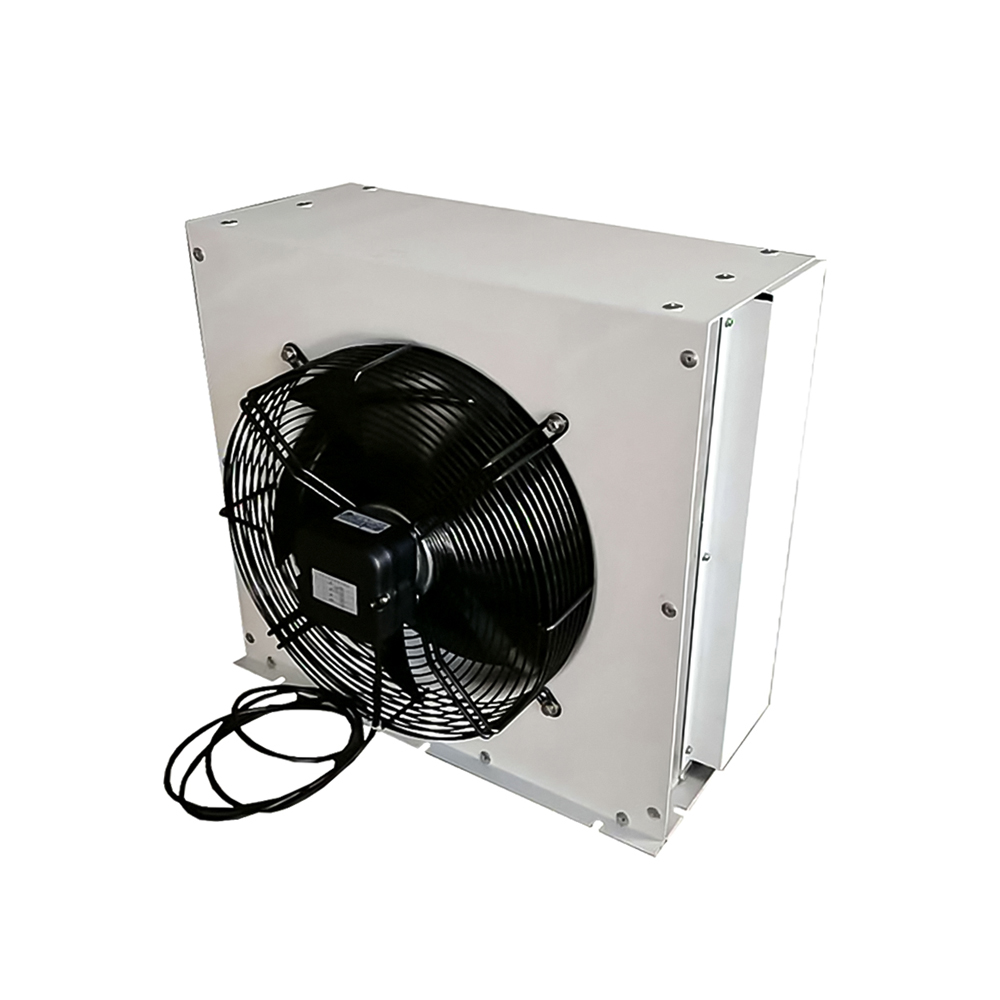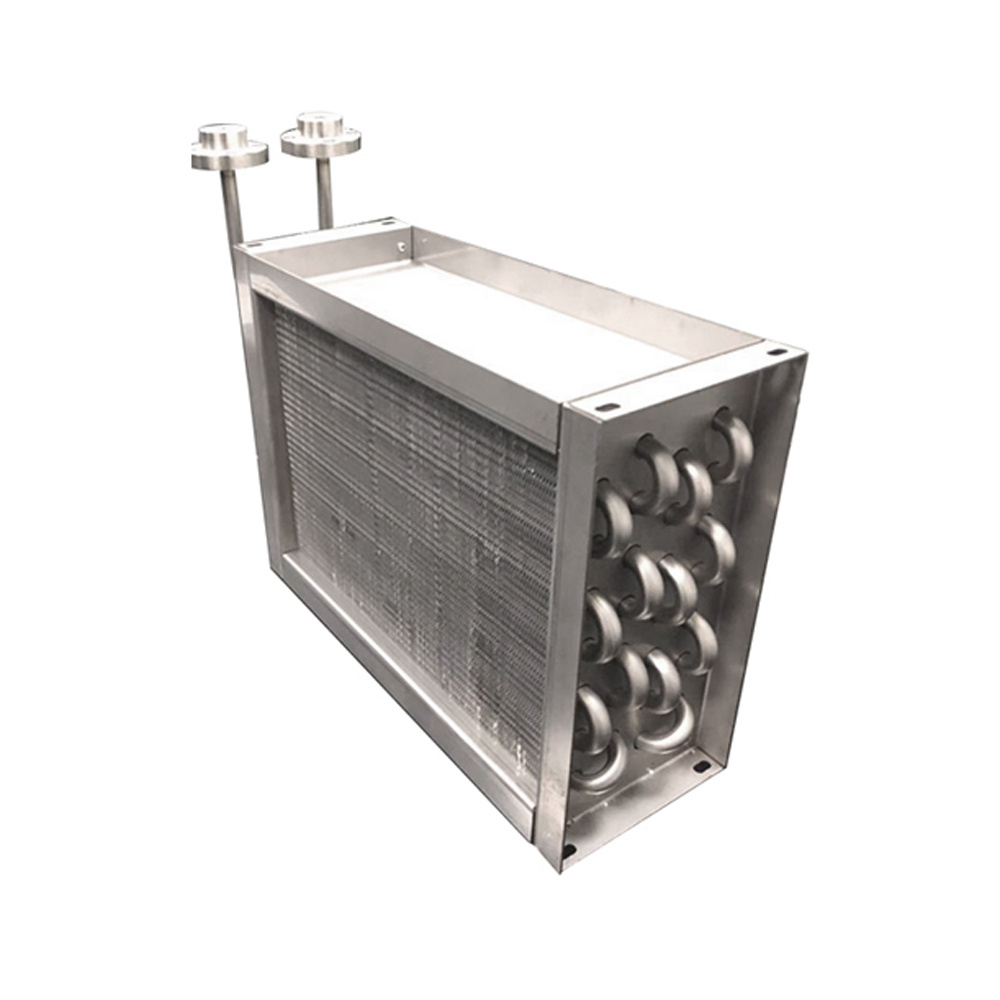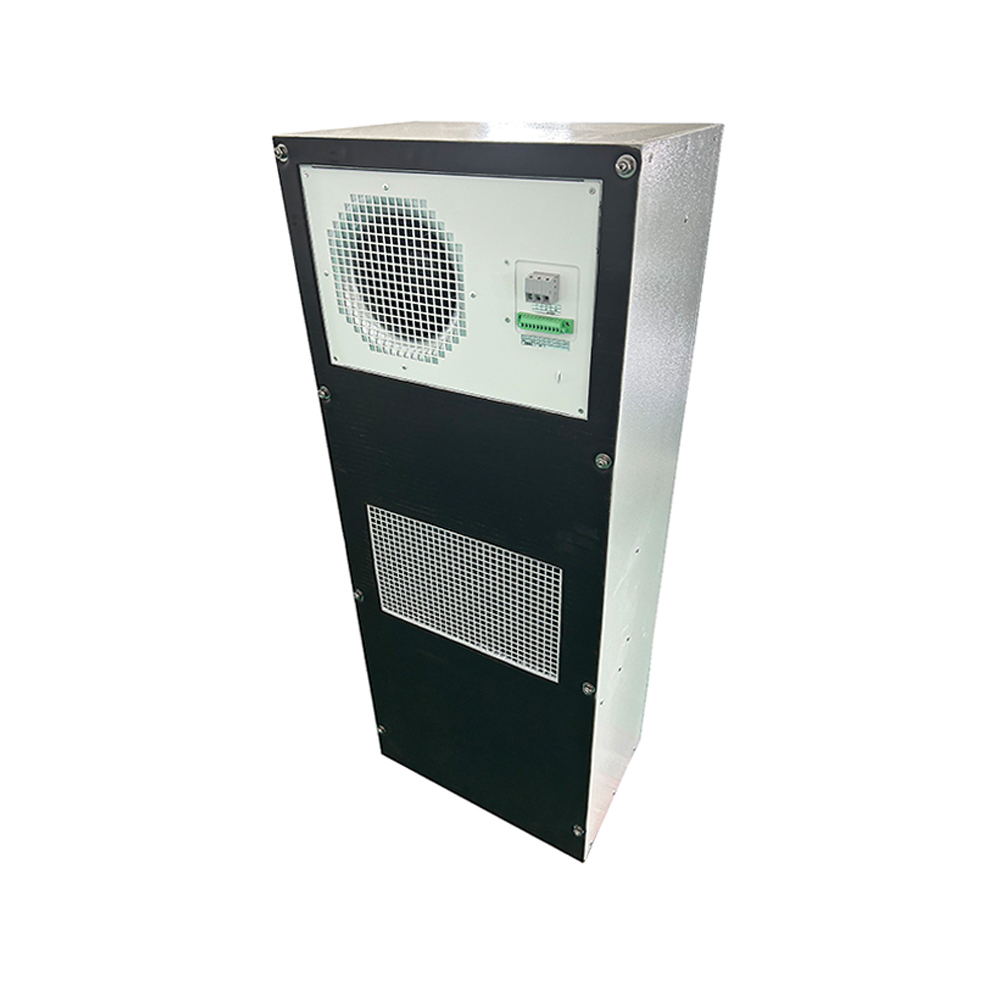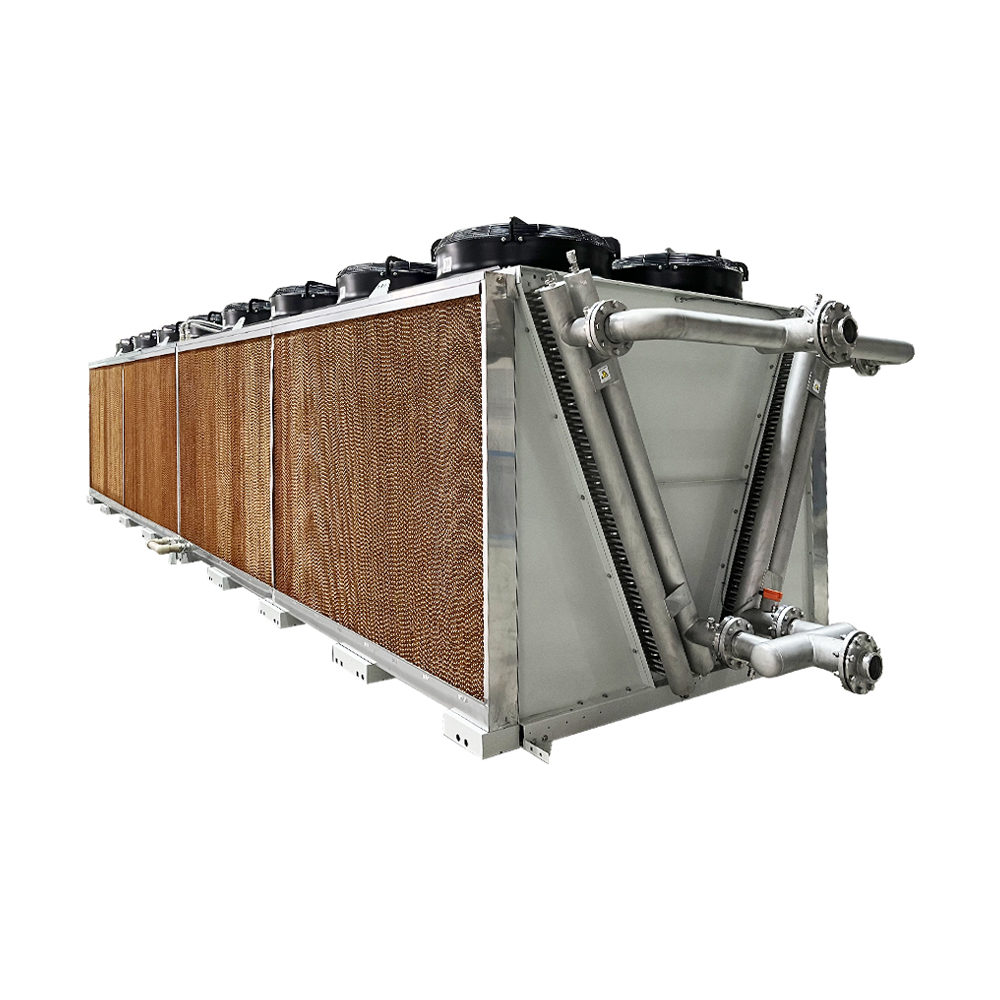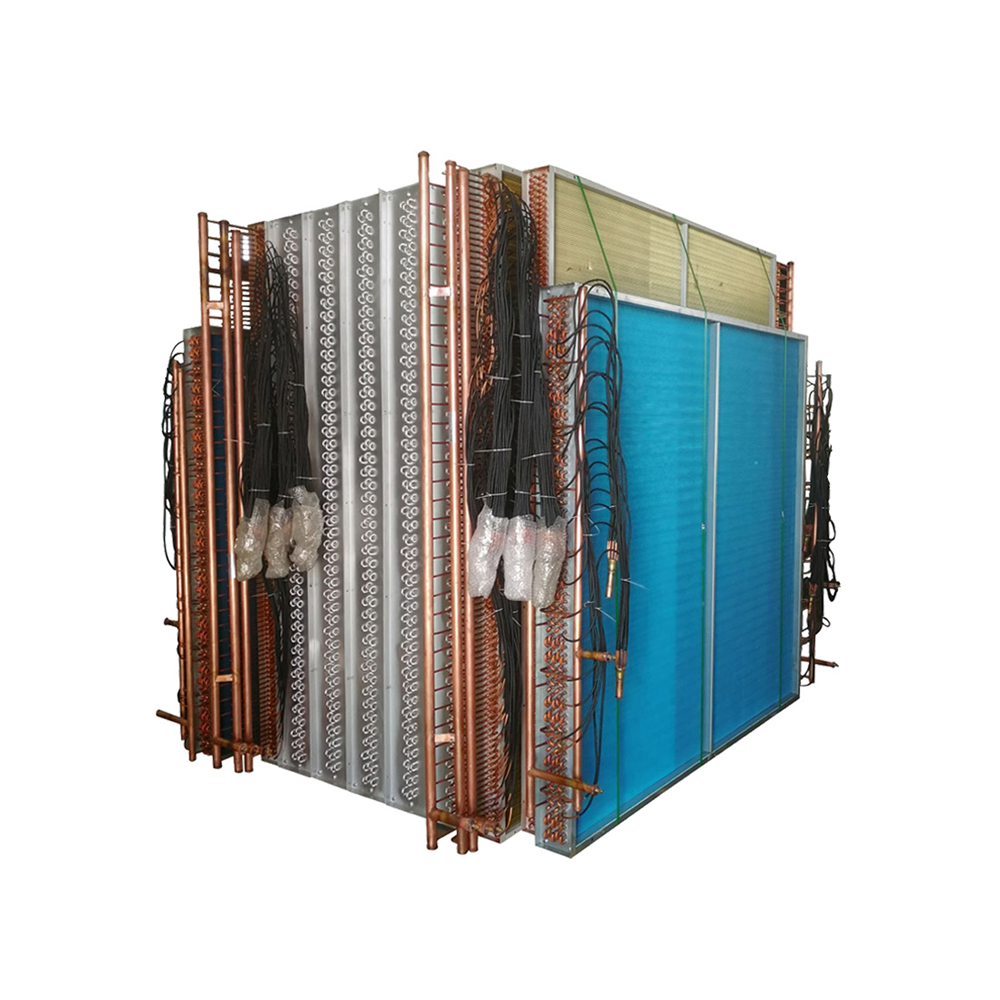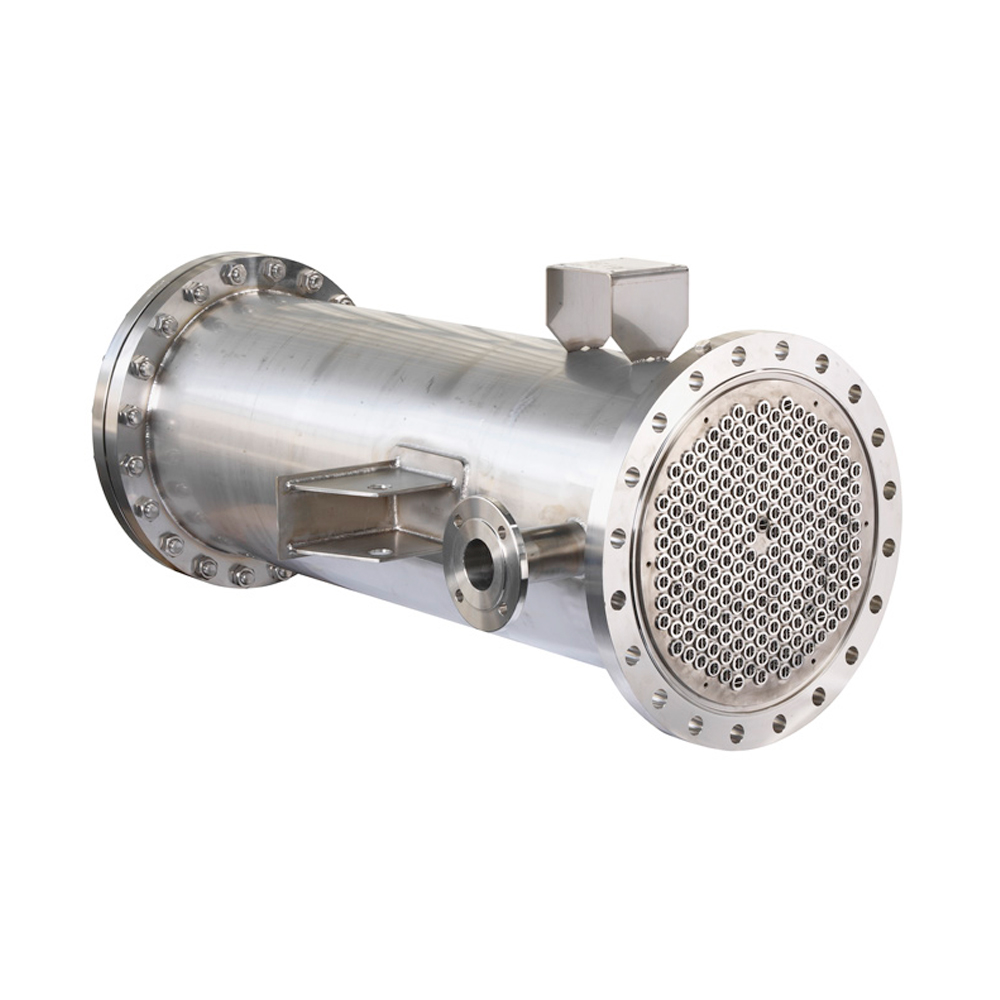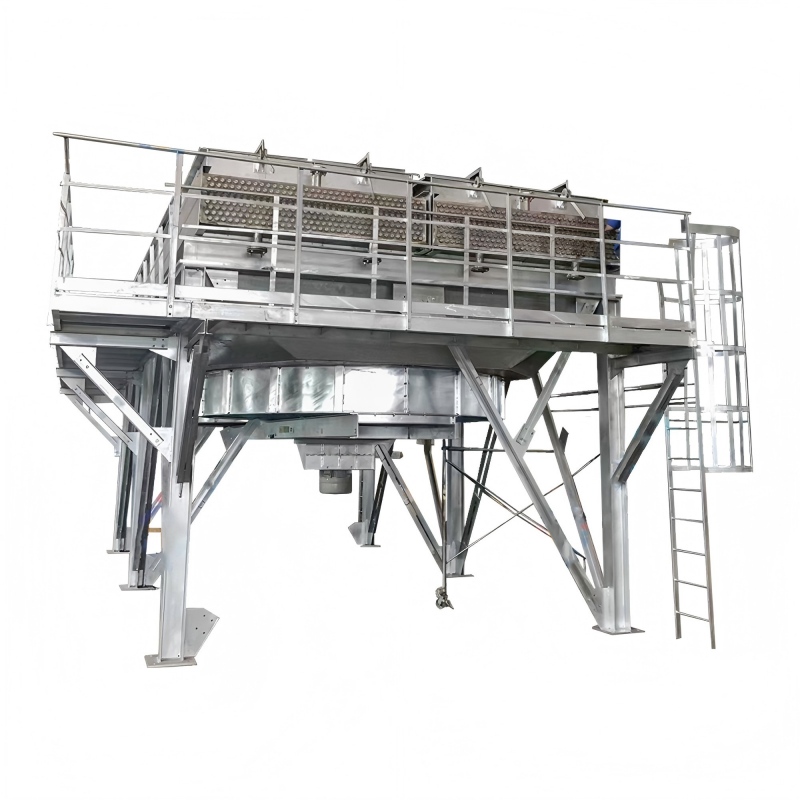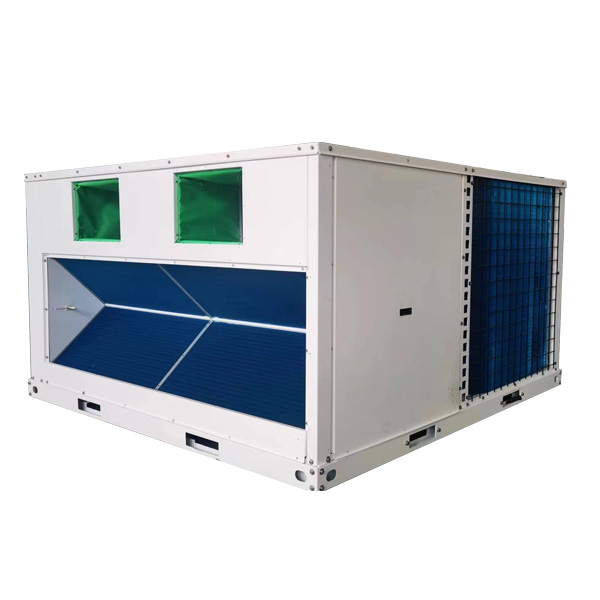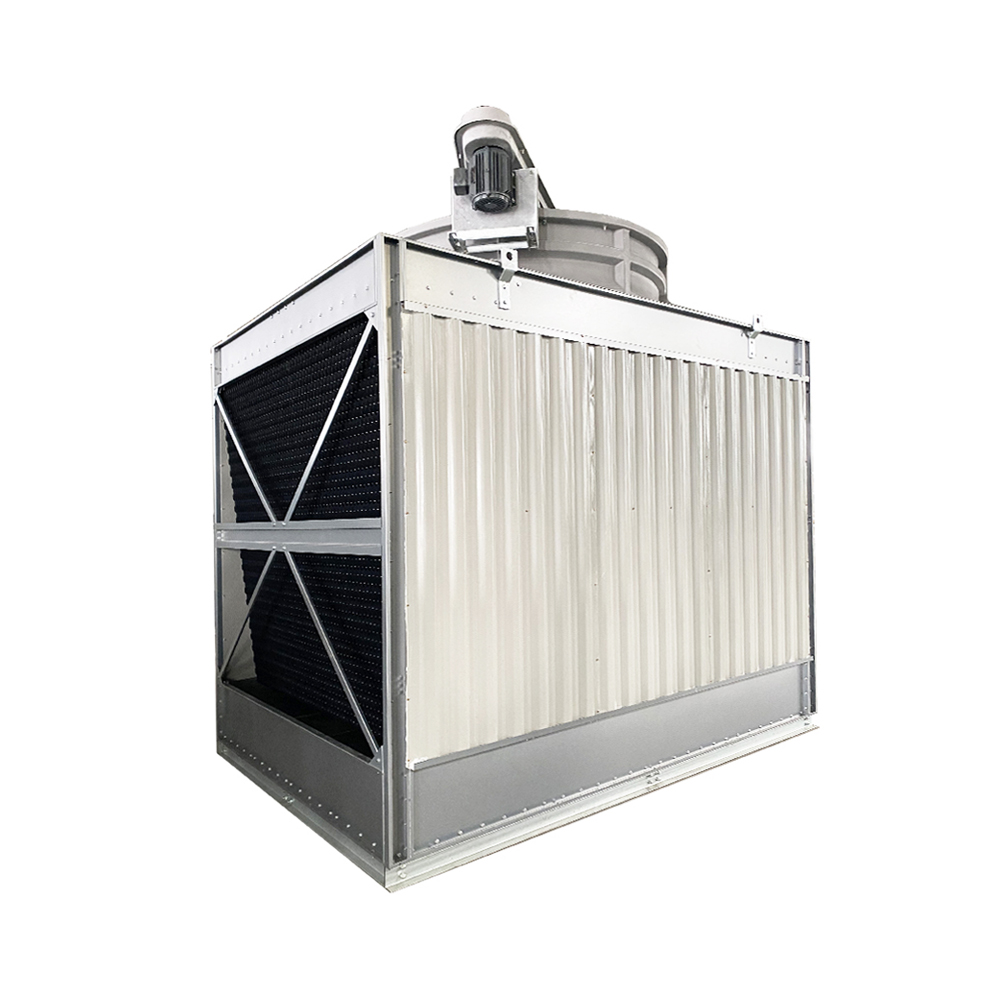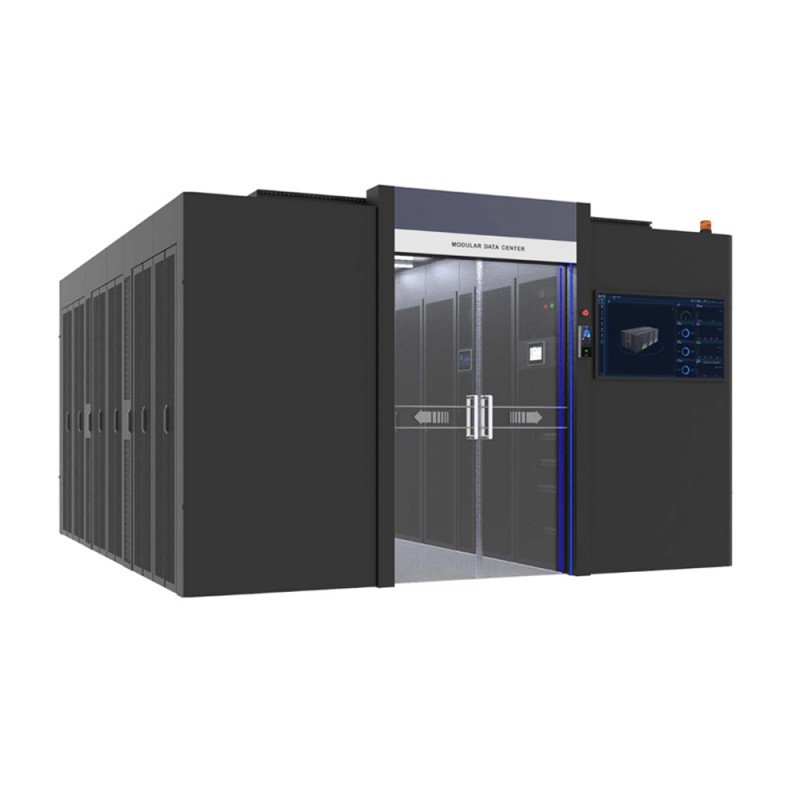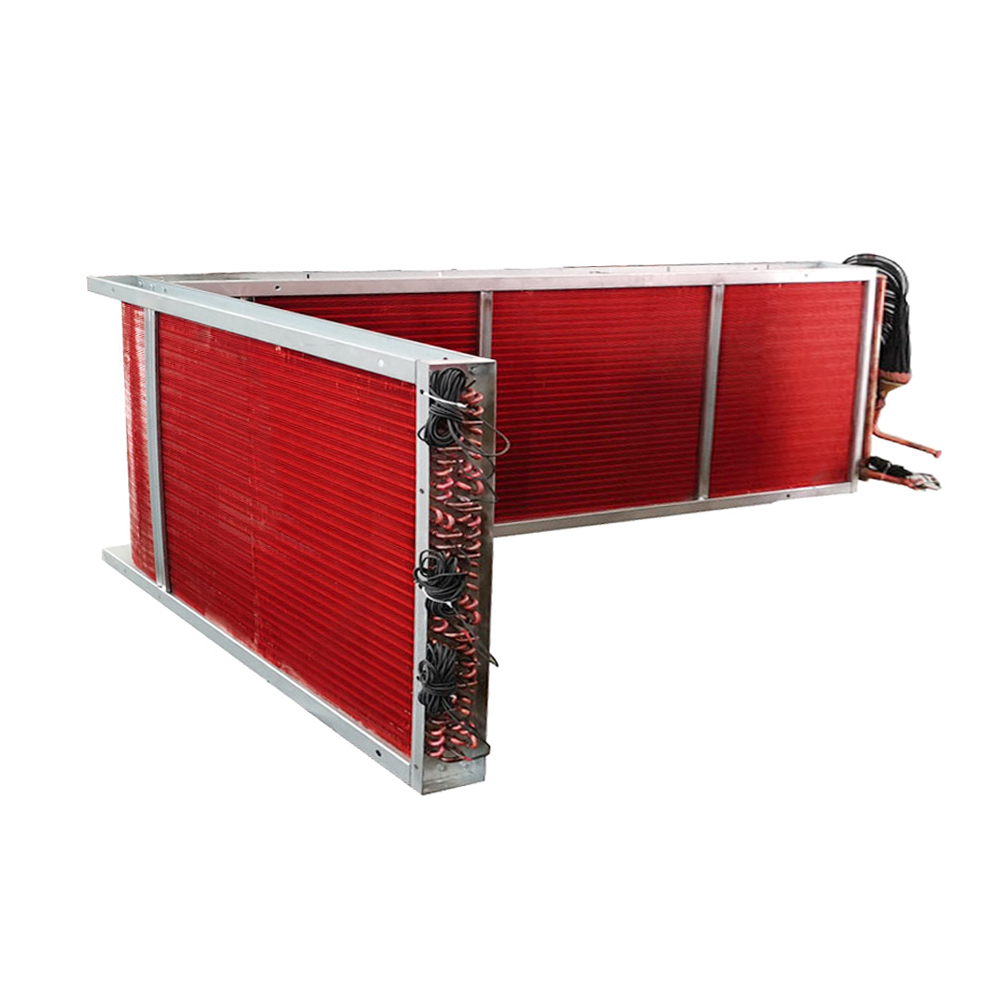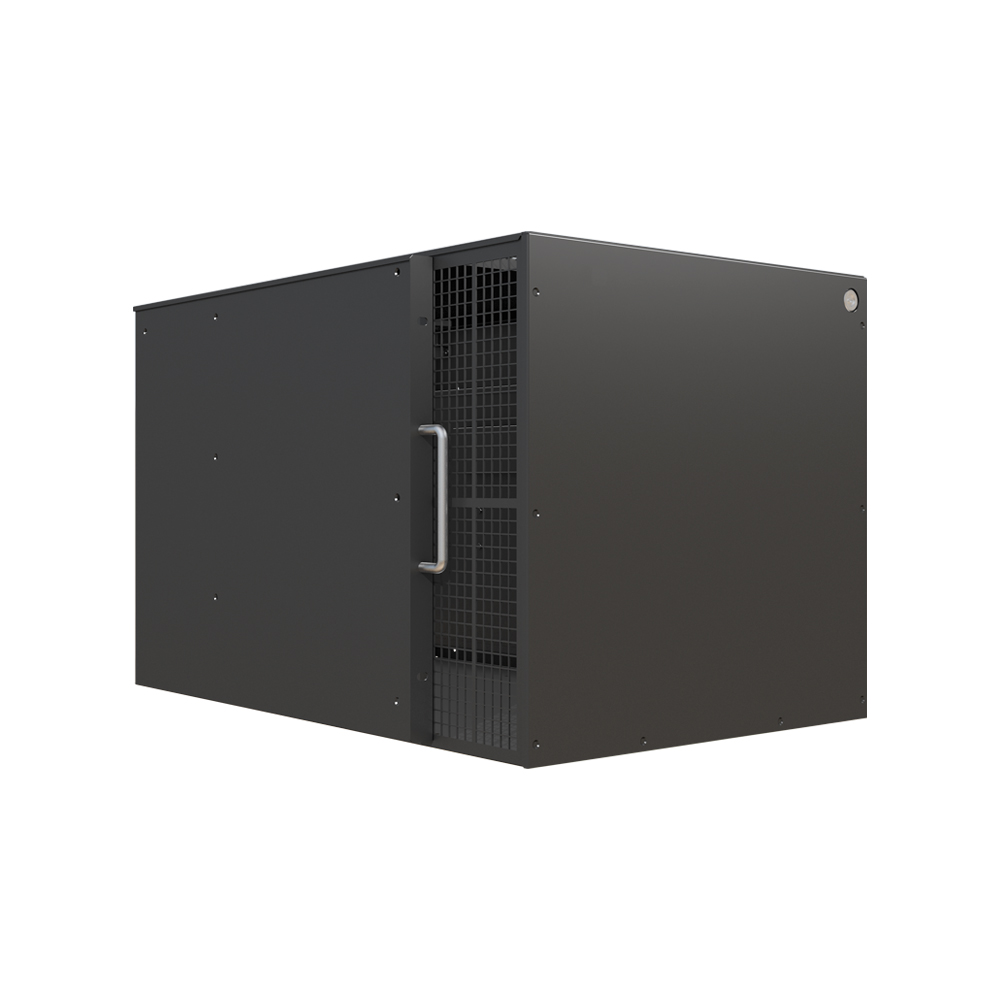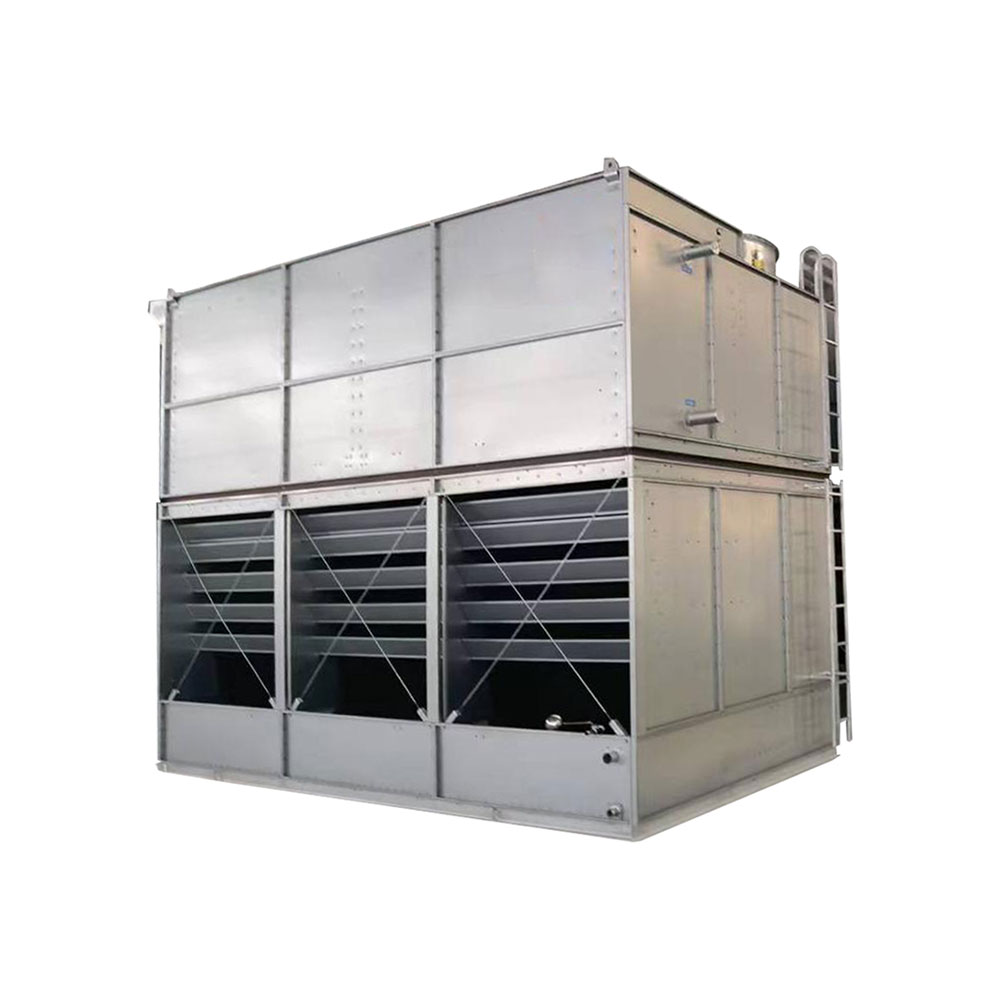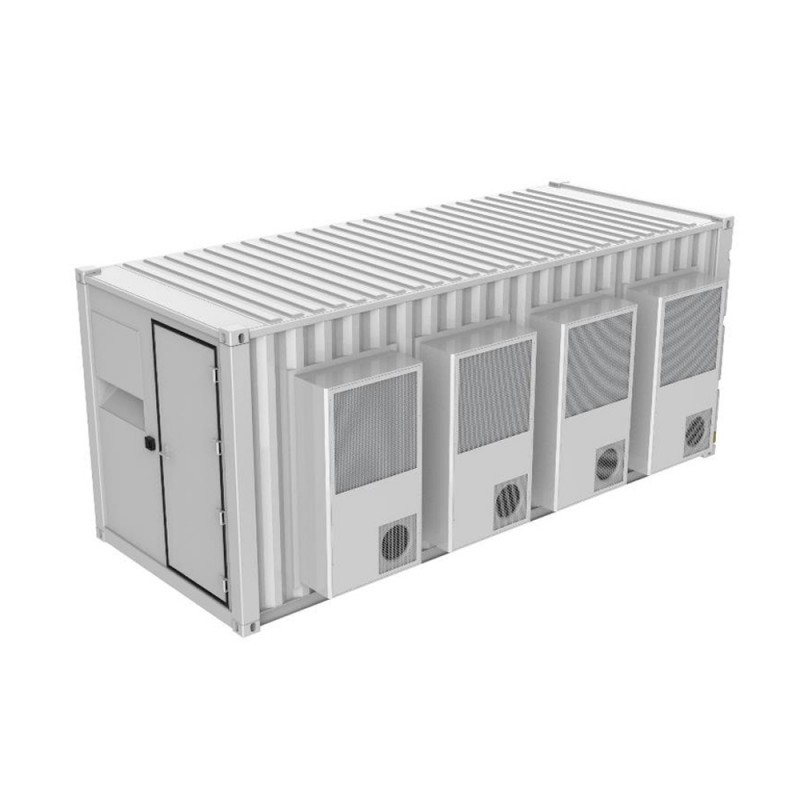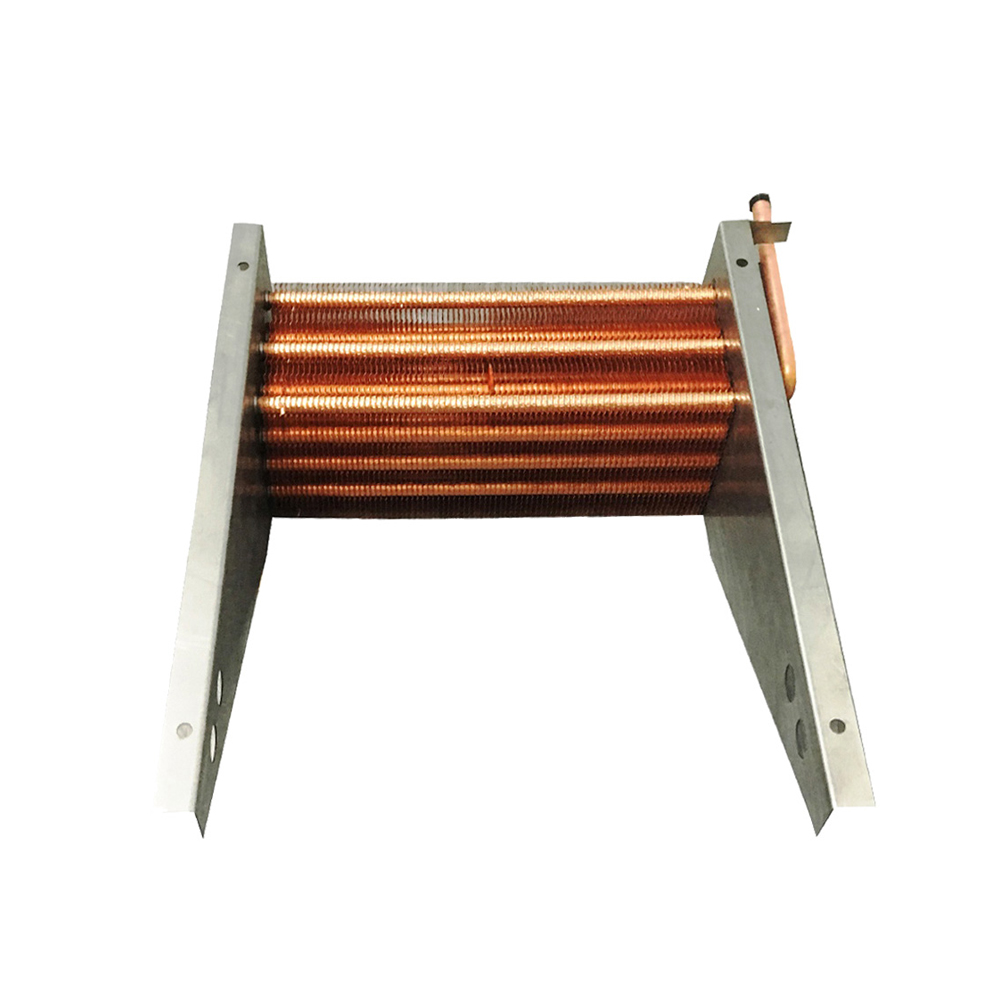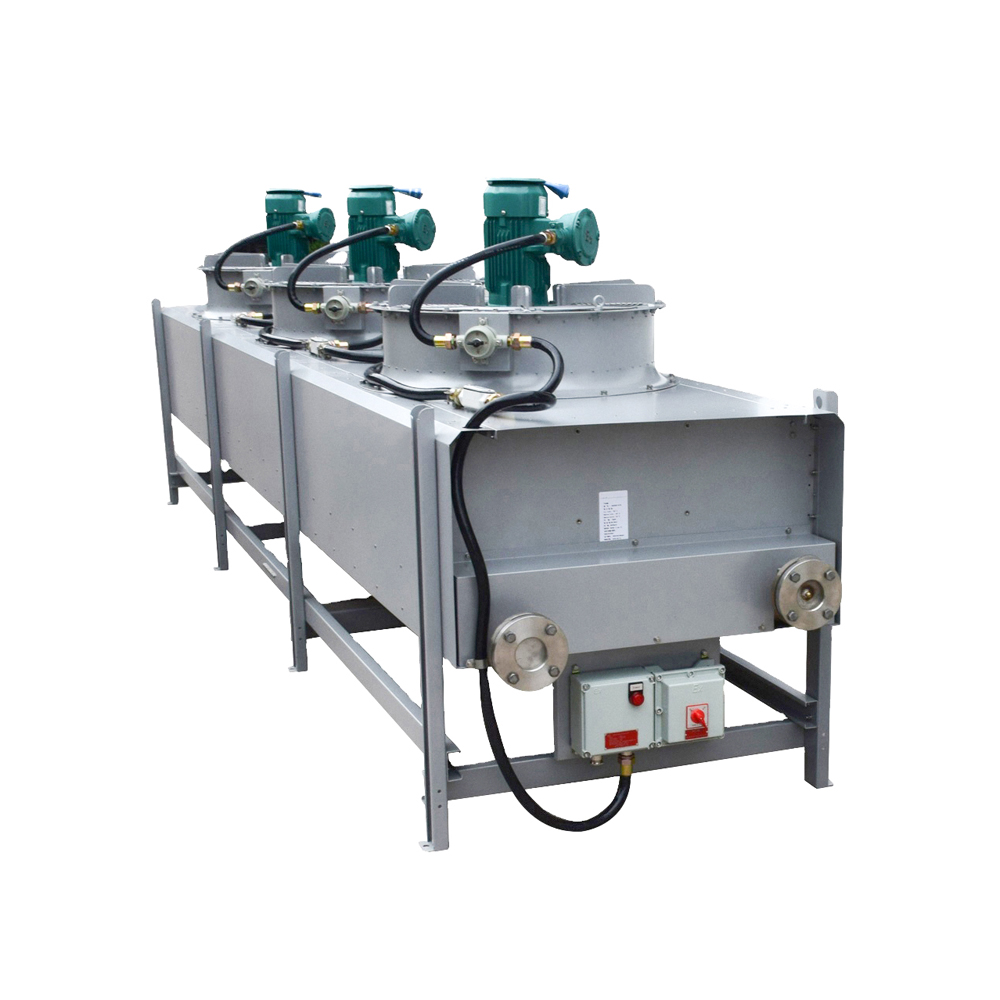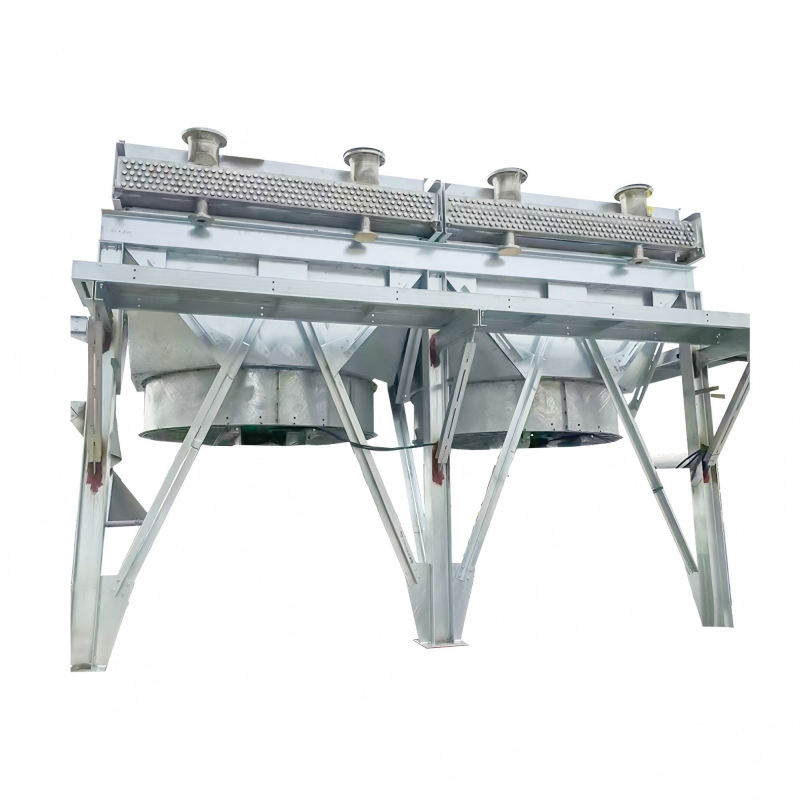This guide helps you navigate the complexities of sourcing industrial radiator suppliers, covering everything from understanding your needs to selecting the ideal partner. We'll explore crucial factors to consider, ensuring you make an informed decision that benefits your operations. Learn about different radiator types, key specifications, and best practices for a successful procurement process.
Understanding Your Industrial Radiator Needs
Defining Your Requirements
Before searching for an industrial radiator supplier, clearly define your specific needs. Consider factors such as the intended application (e.g., HVAC systems, machinery cooling), required capacity (BTU/hr or kW), operating temperature range, fluid type (water, oil, etc.), and available space. Precise specifications will significantly streamline the selection process. A detailed understanding of your operational environment and requirements ensures you find a radiator that meets your exact needs.
Types of Industrial Radiators
Several types of industrial radiators exist, each suited to different applications. Common types include plate heat exchangers, shell and tube heat exchangers, and finned-tube radiators. Plate heat exchangers are known for their compact design and high efficiency. Shell and tube exchangers are robust and handle high pressures, whereas finned-tube radiators are widely used for air cooling. The choice depends heavily on your specific application and the properties of the cooling medium.
Choosing the Right Industrial Radiator Supplier
Factors to Consider
Selecting the right industrial radiator supplier involves evaluating several key factors. These include the supplier's reputation, manufacturing capabilities, experience in your industry, quality control measures, delivery times, pricing, and after-sales support. Check reviews, certifications (like ISO 9001), and request references to assess their reliability and competency. A reliable supplier will provide readily available information and transparent communication.
Assessing Supplier Capabilities
Examine the supplier's manufacturing capabilities, including their design expertise, materials used, and production capacity. Ensure they can meet your volume requirements and handle any custom designs you may need. A strong supplier will possess in-house engineering and design capabilities to optimize radiator performance for your specific application. Consider their experience with materials like aluminum, copper, and stainless steel, selecting a supplier skilled with the materials most appropriate for your needs.
Finding and Vetting Suppliers
Online Research and Directories
Begin your search online using relevant keywords like industrial radiator supplier, industrial heat exchanger manufacturer, or HVAC equipment supplier. Use industry directories and online marketplaces to identify potential suppliers. Thoroughly review each supplier's website, paying close attention to their product range, client testimonials, and overall professionalism. Remember to always verify information found online with direct communication with the supplier.
Requesting Quotes and Samples
Once you've shortlisted a few potential suppliers, request quotes and samples (if possible). Compare the quotes based on pricing, lead times, and included services. Examining physical samples allows you to assess the quality of materials and workmanship. Don't hesitate to ask detailed questions about their manufacturing processes and quality control protocols.
Case Study: Shanghai SHENGLIN M&E Technology Co., Ltd
For a high-quality and reliable source of industrial radiators, consider Shanghai SHENGLIN M&E Technology Co., Ltd. They offer a wide range of industrial cooling solutions and possess extensive experience in the field. Their commitment to quality and customer service makes them a valuable partner for businesses seeking robust and efficient cooling systems.
Conclusion
Finding the perfect industrial radiator supplier is crucial for the success of your project. By carefully considering your needs, thoroughly vetting potential suppliers, and maintaining open communication, you can ensure a reliable partnership that provides high-quality radiators and exceptional support. Remember, investing time in the selection process will yield long-term benefits and contribute to the overall efficiency and productivity of your operation.









